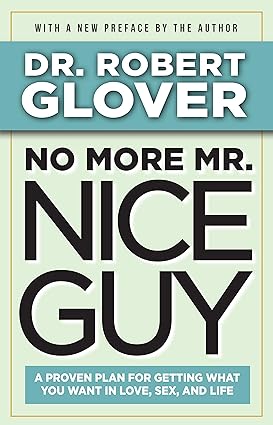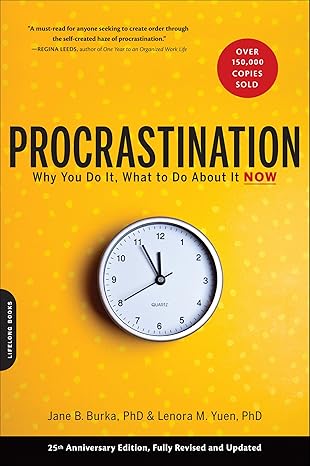
No More Mr. Nice Guy
A Nice Guy, according to Dr. Robert Glover, a pioneering expert on the Nice Guy Syndrome, is a man who believes he is not okay just as he is. He is convinced that he must become what he thinks others want him to be liked, loved, and get his needs met. He also believes that he must hide anything about himself that might trigger a negative response in others.
The Nice Guy Syndrome typically begins in infancy and childhood when a young boy inaccurately internalizes emotional messages about himself and the world. It is fueled by toxic shame and anxiety. Rapid social change in the late 20th century and early 21st century has contributed to a worldwide explosion of men struggling to find happiness, love, and purpose.
The paradigm of the Nice Guy Syndrome is driven by three faulty covert contracts. Nice Guys believe:
If I am good, then I will be liked and loved.
If I meet other people’s needs without them having to ask, then they will meet my needs without me having to ask.
If I do everything right, then I will have a smooth, problem-free life.
The inauthentic and chameleon-like approach to life causes Nice Guys to often feel frustrated, confused, and resentful. Subsequently, these men are often anything but nice. Common Nice Guy patterns include giving to get, difficulty setting boundaries, dishonesty, caretaking, fixing, codependency, people-pleasing, conflict avoidance, passive-aggressiveness, unsatisfying relationships, issues with sexuality, and compulsive masturbation and pornography use.












